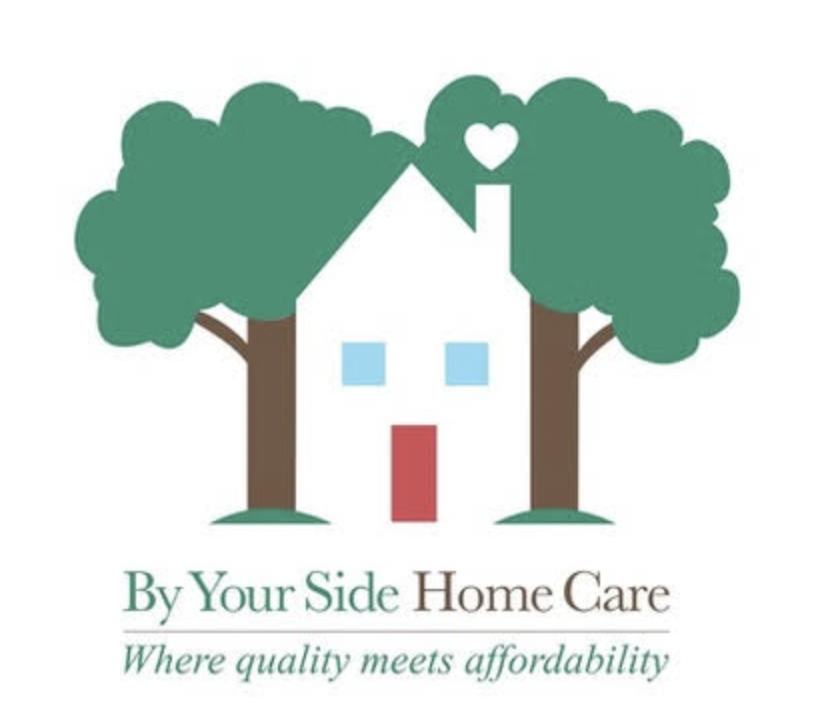Helpful Tech to Keep Seniors Safe and Connected at Home
According to the U.S. Census Bureau, all baby boomers will be older than 65 by the year 2030. This means for the first time in U.S. history, older individuals will outnumber children. Many of them will also prefer to be able to stay and age in their homes. With that comes the worry their adult children will have with wondering if their loved one will be safe and secure at home.
As our aging population increases, smart technology has evolved to be a support for the challenges of seniors living independently. There are many options available today that can help keep your loved one safe, connected with their family and friends, and assist with their daily activities.
Smart Home Devices for Monitoring and Safety
Medical Alert Systems
These systems will allow your elderly loved one to continue to live independently while assuring when there is an emergency, such as a fall, help will be there. These systems let your loved one with the press of a button speak to a dispatcher through the base unit in their home if there is an emergency. Check out Caring.com for some of the best medical alert systems such as MobileHelp, Medical Guardian and more.
Smart Security Systems
A smart home security system can be set up to keep you connected with what is happening at your elderly loved one’s home and to also alert you if an emergency arises. Picking a home security system can be very overwhelming, although the industry is taking steps to simplify these systems. Safety.com reviews the top security systems from SimpliSafe, ADT, and others for seniors and answers some frequently asked questions to help you pick out the correct system.
Motion Sensor Lighting
These lights don’t need a touch to turn on making this an easy way to keep your elderly one safe. Installing them in key locations inside and outside the home can reduce the risk of falling. There are battery operated versions as well, which provide great flexibility in placement. Some even recharge via USB cable, or you can purchase battery rechargers at very reasonable prices. Try placing in stairwells, bathrooms, in bedrooms near doorways, and other key places.
Smart Smoke Detectors
Smart smoke detectors perform as traditional smoke detectors do in warning of smoke and fire, but also have the additional ability to send a message to your phone when the alarm is triggered. They will also let you know when the battery needs replaced or if there is a problem with the sensors. Check out TechHive for reviews and advice for buying smart smoke detectors from Nest, First Alert, Roost and others so you can be informed about what’s happening in your loved one’s home.
Smart Medication Reminders
One of the more challenging and stressful daily events for our elderly loved ones is keeping track of their medications and remembering when to take them. Technology today has come up with medication reminders, organizers, dispensers, planners, and apps to help seniors manage their medications. Check out Seniorsafetyreviews.com for some of the best medication reminders.
Technology to Keep in Touch
Smart Speakers
These voice-activated devices can assist with everyday tasks from playing music, setting alarms, making hands-free calls, and controlling other smart devices in the home such as lights or thermostats. Smart speakers can be a great assistance to seniors that have health issues that prevent them from easily moving around and make it easier for them to keep in touch with loved ones. Soundgearauthority.com reviews Amazon and Google smart speakers for the elderly.
Mobile Phones
With mobile phones, it’s easier than ever for seniors to stay connected with family and friends no matter where they live. According to Pew Research Center, 91% of adults 65 and older own a cellphone and 53% of these adults use a smartphone.
Smartphones offer more options than just making calls or texting for seniors. Here are some other uses:
Supplying entertainment with audiobooks, games, social media, and much more.
Easily sharing pictures or videos with family and friends who live far away.
Using apps that can help in daily activities, such as reminding them of an appointment or making sure their medication is taken on time.
Enjoying brain-training apps are available that can help improve a senior’s logical thinking and memory.
For some seniors, it may be frustrating to learn new skills. Or some may simply be unwilling to take the time to master using a complicated new device, though many seniors are increasingly comfortable with technology. But, for older seniors, it may be better option to look for a basic flip phone.
Tablets
A tablet can be the ideal device for a senior to stay connected, share photos and videos, and search the internet. Tablets are lighter than a laptop, but they have a bigger screen than a smartphone, making reading easier. The larger screen also makes it more accessible for seniors who may have health conditions that cause weakness and unsteadiness in their hands. Check out TechRadar for reviews of the Apple iPad, Kindle Fire, Samsung Galaxy and other tablets best suited for use by seniors.
Digital Picture Frames
These frames are of the best ways to display the pictures we want to share with our elderly loved one. You simply plug in a USB drive full of pictures or share them with an app. Most frames are simple enough for seniors use and makes a great gift. Guiding Tech reviews simple digital picture frames that are available for seniors.
We hope you enjoyed reading about some of the ever-evolving technology products that are available today to help keep seniors safe and connected with family and friends. By Your Side is also here offer you peace of mind by assuring that your elderly loved one is well cared for. We invite you to contact us for a free, no-obligation, in-home consultation.

